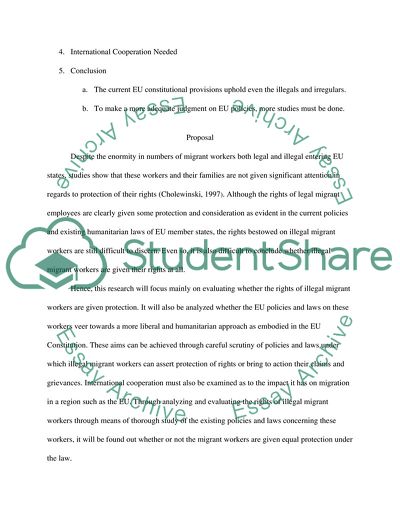Cite this document
(Illegal Migrant Workers and Their Protection of Rights under the Research Paper, n.d.)
Illegal Migrant Workers and Their Protection of Rights under the Research Paper. Retrieved from https://studentshare.org/law/1542758-illegal-employment
Illegal Migrant Workers and Their Protection of Rights under the Research Paper. Retrieved from https://studentshare.org/law/1542758-illegal-employment
(Illegal Migrant Workers and Their Protection of Rights under the Research Paper)
Illegal Migrant Workers and Their Protection of Rights under the Research Paper. https://studentshare.org/law/1542758-illegal-employment.
Illegal Migrant Workers and Their Protection of Rights under the Research Paper. https://studentshare.org/law/1542758-illegal-employment.
“Illegal Migrant Workers and Their Protection of Rights under the Research Paper”, n.d. https://studentshare.org/law/1542758-illegal-employment.


